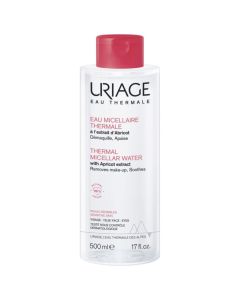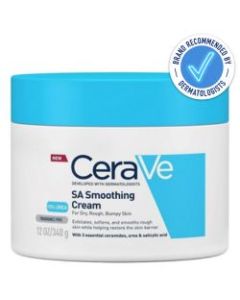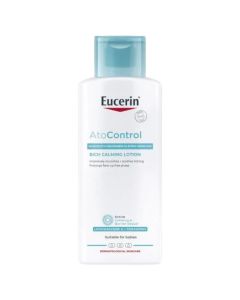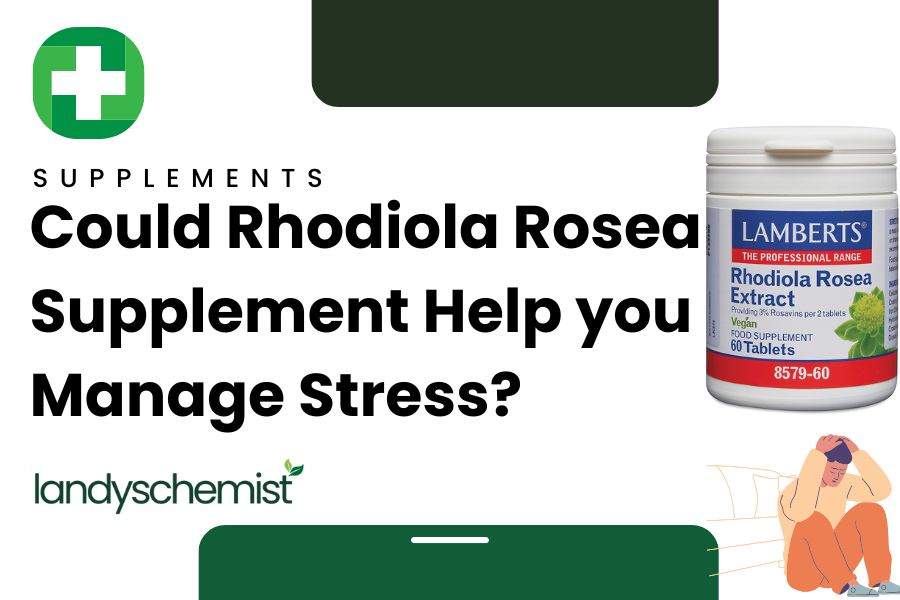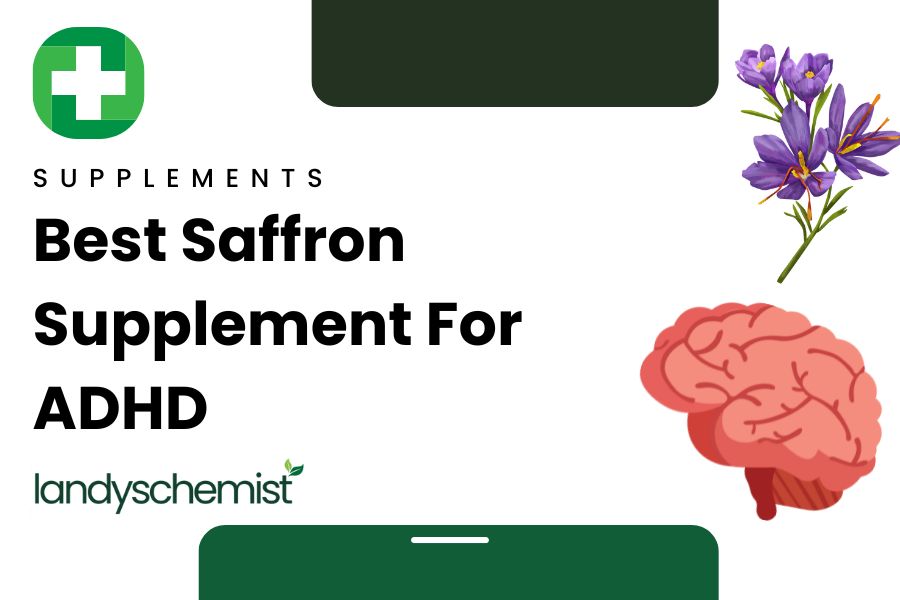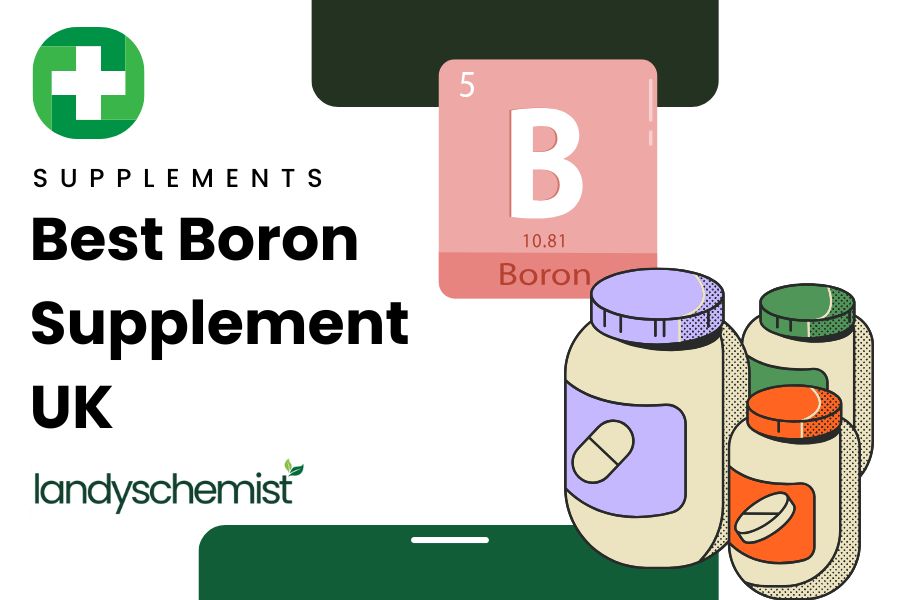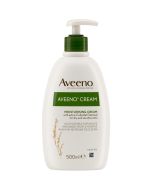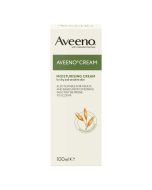
How To Build A Skincare Routine For Eczema
Everyone deserves a perfect facial skincare routine. When you have eczema to deal with, creating a skincare routine requires a bit more effort than usual, but it's not impossible. It will make all the difference when you have sensitive skin, and will help ensure you don't experience redness or irritation flare-ups due to your eczema.
Here, we offer some advice for how to build an eczema-safe skincare routine, and what to watch out for in your skincare products to avoid flare-ups.
Your skincare routine will sit alongside any medical treatment for your eczema
There are lots of types of eczema, with the most common being atopic eczema (aka atopic dermatitis). There’s also a wide range of treatments for eczema, including some topical creams and medication. Often people with eczema will abandon their skincare routine, worrying it could interfere with their medical treatment. But a good skincare routine won't.
Symptoms can range in severity, from redness and dry patches, to cracked skin and blistering. Because of this many people with eczema struggle to find a skincare routine that works for them. However there are ways to build a routine that works with your skin, no matter how light or severe your eczema is.
Before you start a new skincare routine, we recommend speaking to your GP or a dermatologist to ensure it won't interfere with anything that has been medically prescribed for your eczema.
An eczema skincare routine will focus on hydrating your skin and minimising irritation
Below, we provide a four-step skincare routine for eczema. The core aim of this routine, compared to others for those without eczema, is that it is shaped by two goals: applying maximum hydration and minimising irritation of the skin.
With eczema, the skin barrier is not functioning as it should and so has trouble holding sebum, the natural oil your skin produces to protect it from damage and rehydrate. The dryness, from a lack of sebum, then makes it easier for skin to become sensitive, leading to redness and worse.
Ingredients to watch out for if you have eczema
Since your skin is more sensitive, eczema safe skincare products are fragrance free and without skin-aggravating ingredients, such as:
- Essential oils
- Urea
- Lanolin
- Retinoids
- Cocamidopropyl betaine
- Propylene glycol
- Ethanol
If you are considering using a new product on your skin and you have eczema, check none of these are included before applying it.
Ingredients to seek out if you have eczema
On the other hand, there are some ingredients in your skincare products you definitely want to see included. The best skincare products for eczema will have restorative properties, such as:
- Hyaluronic acid – hyaluronic acid is what keeps skin taut and healthy
- Vitamin E – vitamin E helps with skin repair, and alleviates the dryness, itching and flaking of eczema
With that all in mind, here is our advice for building an eczema safe skincare routine that won't cause flare-ups.
A Four-Step Eczema Skincare Routine
1. Use A Gentle, Hydrating Cleanser
Cleansers are an excellent way of removing dirt and impurities, as well as dead skin cells, from the skin without damaging or over-drying your skin. Just because you have eczema, doesn't mean your skin is too sensitive or delicate for cleansing.
When selecting a cleanser, seek out 'gentle' or 'sensitive' labels. These cleansers won't be any less effective than others, but they will be formulated to cleanse while protecting your more sensitive skin.
Best Cleansers For Eczema
We recommend:
2. Apply A Topical Cream / Your Prescribed Eczema Treatment
After your skin has been cleansed of impurities, you can layer in your revitalising topical cream, or other medical creams for eczema. Not all treatments for eczema are topical products, but between cleansing and moisturising is a good time for applying those that are.
This is because after you've cleaned your skin, it is perfectly primed to absorb everything in the eczema cream, serum or ointment. The moisturiser then acts as a barrier to seal it all into the skin so it can work most effectively.
An example of a well-regarded topical cream for eczema, available without a prescription, is:
3. Apply Moisturiser – Never Skip This Step!
Morning and night, moisturising is one of your most important defenses you have against flaking and itchy skin. A great eczema moisturiser can work wonders, decreasing the need to rely on eczema medication and helping to prevent flare-ups.
Moisturiser is important for everyone, and for those with dry skin or eczema it is imperative. If you don't have time for cleansing or additional skincare steps, try to rinse your face and then apply moisturiser. You'll thank yourself in the long term.
Best Moisturisers For Eczema
We recommend:
4. Finish With A Corticosteroid Cream
A corticosteroid cream will help amplify the effects of a good moisturiser. Plus, since it’s best to use steroid creams sparingly, using the moisturiser first will help to spread and dampen the effect.
Always wait a few minutes between applying your moisturiser and your corticosteroid cream so that your moisturiser can be fully absorbed.
If you want to target only specific areas where you have eczema, you can apply the cream first and then layer moisturiser on top – again leaving a few minutes for absorption between steps. Remember not to use corticosteroid cream for prolonged periods of time as overuse can damage skin.
Always check with your dermatologist if you are considering using corticosteroid cream for your eczema. They may prefer to prescribe a specific one for your eczema.
Disclaimer
The products offered are not intended to diagnose, treat, cure, or prevent any illness or disease, or replace the advice of a medical professional. Results are not guaranteed and may vary from individual to individual.

